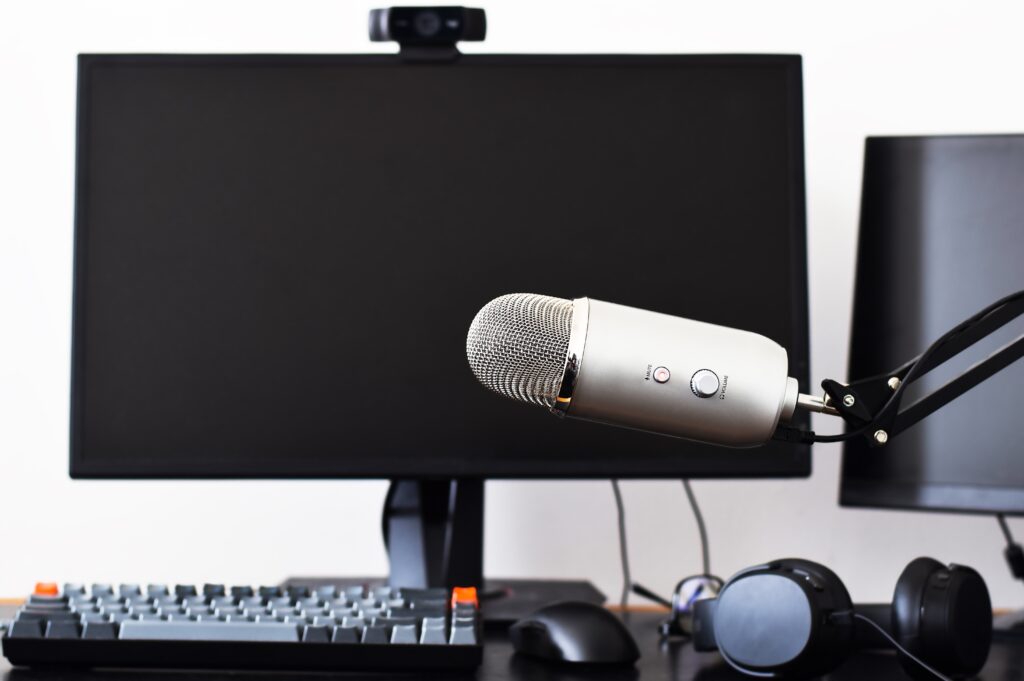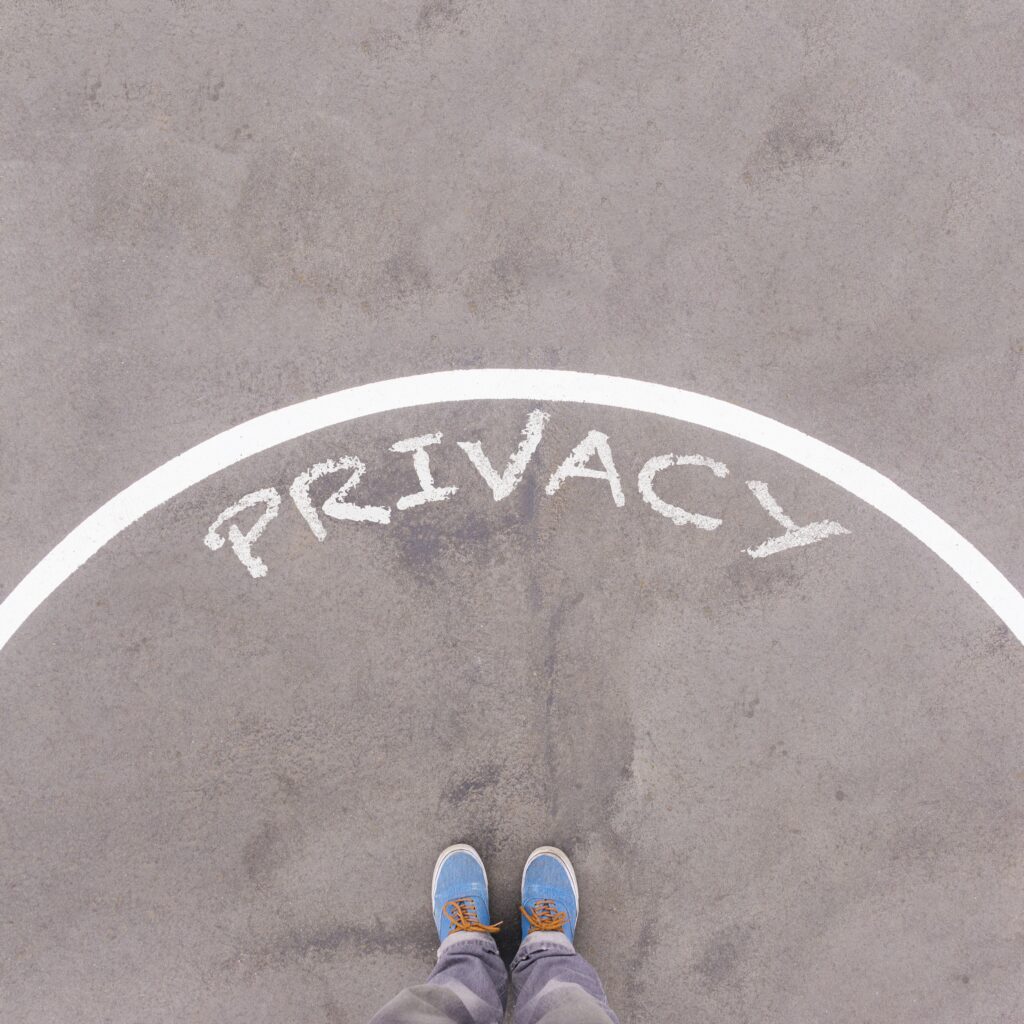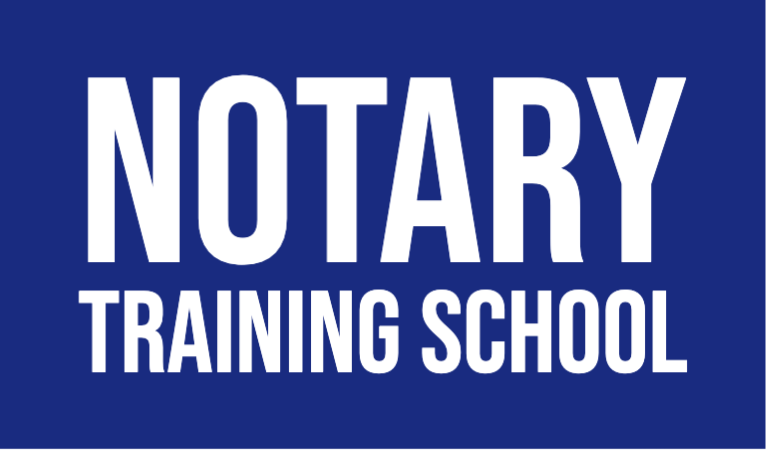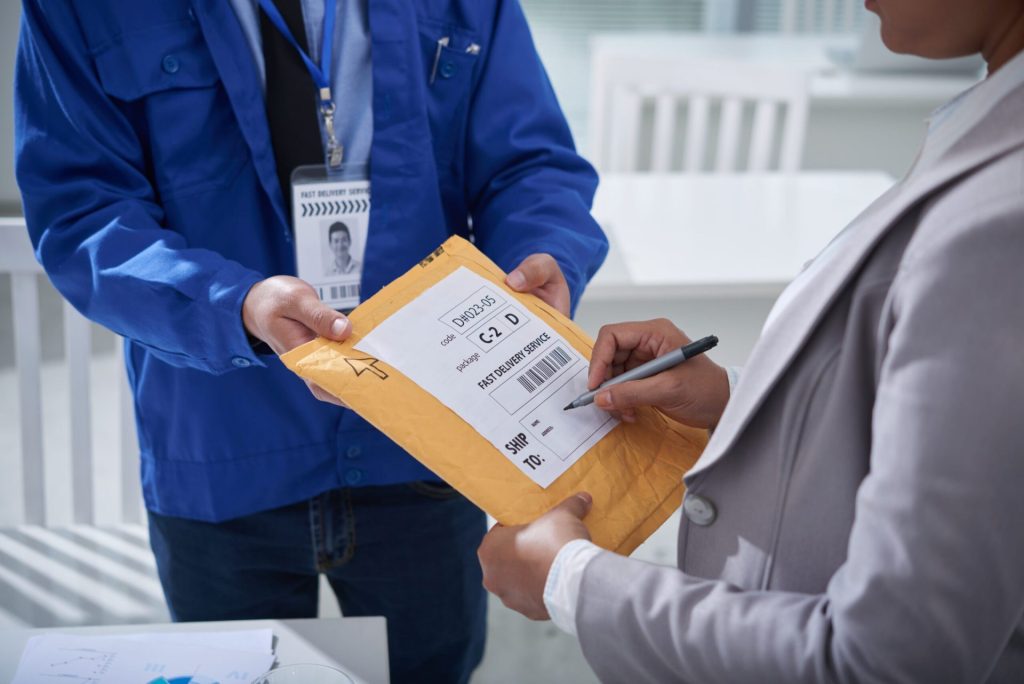Elevate Your Remote Online Notarization Setup: How to Create a Professional Workspace

Remote Online Notarization (RON) has revolutionized the notary public profession by allowing notaries to perform their duties online. However, this convenience comes with the responsibility of maintaining a professional environment to ensure security, trust, and efficiency. In this article, we will explore how to elevate your remote online notarization setup and create a professional workspace that meets legal requirements and enhances client experience.
Table of Contents
Understanding Remote Online Notarization (RON)

Definition and Benefits of RON
Remote Online Notarization (RON) enables notaries to authenticate documents over the internet using electronic signatures and digital tools. This process offers numerous benefits, including:
- Convenience: Notaries and clients can complete notarizations from the comfort of their homes, eliminating the need for travel.
- Accessibility: Clients in remote locations or with mobility issues can easily access notary services.
- Efficiency: The process is often faster and more streamlined compared to traditional notarization.
Legal Requirements and Regulations Across Different States
RON is governed by state laws, and while the specifics may vary, all regulations emphasize the importance of a secure and professional environment. Notarizing documents in a non-professional setting, such as your car or a noisy café, can compromise the integrity of the notarization process and may lead to legal repercussions. Therefore, establishing a dedicated, professional workspace is crucial for success in RON.
Why a Professional Environment is Crucial for RON
Maintaining a professional environment ensures that:
- Confidentiality is preserved: Clients’ sensitive information remains secure.
- Trust is built: Clients are more likely to trust a notary who conducts business in a professional setting.
- Legal compliance: A controlled environment helps ensure adherence to state and federal regulations.
Choosing the Right Location

Importance of a Dedicated Workspace
Selecting the right location for your remote notarization activities is the first step toward professionalism. A dedicated workspace within your home ensures that you have a consistent and reliable environment for your notarizations.
Factors to Consider When Selecting a Location
When choosing a location, consider the following factors:
- Privacy: Ensure the area is free from interruptions and unauthorized access.
- Noise Levels: Choose a quiet area to minimize distractions and ensure clear communication.
- Background Aesthetics: A clean, neutral background is ideal for video calls, presenting a professional image to clients.
Examples of Suitable and Unsuitable Locations
Suitable Locations:
- Home Office: A separate room dedicated to work, equipped with necessary tools and equipment.
- Spare Bedroom: Converted into a workspace, offering privacy and a quiet environment.
- Dedicated Corner in a Bedroom: Well-organized and free from personal items, with good lighting and minimal background distractions.
Unsuitable Locations:
- In Your Car: Notarizing documents in your car, especially between in-person signing appointments, can create a chaotic and unprofessional setting. It can also pose security risks and distractions.
- Cafés or Coffee Shops: These environments are often noisy and lack privacy, making them unsuitable for conducting sensitive notarization processes.
- Mall Food Courts: Similar to cafés, these locations are busy, noisy, and public, compromising both privacy and professionalism.
- Public Libraries: While quieter, public libraries still pose privacy concerns and may have restrictions on conducting business activities.
Essential Equipment and Tools

Necessary Hardware
Having the right equipment is essential for conducting remote online notarizations efficiently and professionally. At a minimum, you will need:
- Reliable Computer: Ensure your computer has sufficient processing power and a stable operating system.
- High-Quality Webcam: A clear webcam ensures professional video quality during notarizations.
- Clear Microphone: A good microphone ensures clear communication with clients.
- Stable Internet Connection: A high-speed internet connection is crucial for uninterrupted video calls.
Recommended Software for Secure and Efficient Notarization
In addition to hardware, you’ll need appropriate software to facilitate secure notarizations. Recommended platforms include:
- DocuSign: Provides tools for electronic signatures and secure document handling.
- Notarize: Specializes in RON and offers a comprehensive suite of tools for notaries.
- Adobe Sign: Offers robust digital signature capabilities and integration with other Adobe tools.
Backup Equipment and Contingency Planning
It’s wise to have backup equipment and a contingency plan in case of technical failures. Consider:
- Extra Webcam and Microphone: Having backups ensures you can continue notarizations without interruptions.
- Secondary Internet Connection: A mobile hotspot or secondary internet service can be a lifesaver during outages.
- Technical Support Contacts: Keep contact information for technical support readily available.
Setting Up Your Workspace

Ergonomic Considerations for a Comfortable and Professional Setup
An ergonomic workspace not only enhances your productivity but also presents a professional image to your clients. Key considerations include:
- Desk and Chair: Choose a comfortable desk and chair that support good posture.
- Monitor Placement: Position your computer monitor and webcam at eye level to ensure a professional appearance during video calls.
- Lighting: Ensure your workspace is well-lit, with soft, even lighting that avoids harsh shadows.
Organizing Your Workspace for Efficiency and Ease of Access
A well-organized workspace helps you stay focused and efficient. Tips for organization include:
- Document Storage: Keep essential documents within easy reach, using filing systems or organizers.
- Tool Placement: Arrange tools and equipment logically to minimize the need for movement during notarizations.
- Clutter-Free Environment: Maintain a tidy workspace to present a professional image and avoid distractions.
Maintaining a Clutter-Free and Distraction-Free Environment
A clean, organized workspace not only looks professional but also helps you stay focused. Strategies include:
- Regular Cleaning: Schedule regular cleanups to keep your workspace tidy.
- Minimalist Approach: Keep only essential items on your desk, storing personal items out of sight.
- Distraction Management: Use noise-canceling headphones or white noise machines to block out background noise.
Ensuring Privacy and Security

Importance of Privacy in the Notarization Process
Privacy and security are paramount in the notarization process. You are responsible for protecting your clients’ sensitive information and ensuring that your notarizations are conducted in a secure environment.
Tips for Securing Your Workspace and Protecting Client Information
Ensure your workspace is private, with no unauthorized access during notarizations. Security measures include:
- Secure Internet Connections: Use encrypted and secure internet connections to protect client data.
- Encryption Tools: Utilize encryption software to safeguard sensitive information.
- Access Control: Limit access to your workspace to authorized individuals only.
Compliance with State and Federal Regulations Regarding Data Security
Familiarize yourself with state and federal regulations regarding data security and ensure your practices comply with these standards. Key points include:
- Regular Updates: Keep your software and security protocols up to date to stay ahead of potential threats.
- Data Retention Policies: Understand and comply with regulations regarding the retention and disposal of client information.
- Training and Awareness: Stay informed about best practices and legal requirements through continuous education and training.
Professional Presentation and Conduct

Dressing Professionally and Maintaining a Professional Demeanor
Your appearance and conduct during remote notarizations play a significant role in building client trust. Tips include:
- Professional Attire: Dress professionally, even if you are working from home. This demonstrates respect and seriousness.
- Professional Demeanor: Maintain a courteous and professional demeanor throughout the notarization process.
- Body Language: Use positive body language, such as maintaining eye contact and nodding, to show attentiveness.
Communication Skills and Building Client Trust
Effective communication skills are crucial. Strategies include:
- Clear Explanations: Clearly explain each step of the notarization process to your clients.
- Active Listening: Listen actively to client concerns and address any questions they may have.
- Empathy and Patience: Be empathetic and patient, especially with clients who are unfamiliar with the RON process.
Handling Technical Difficulties and Maintaining Professionalism Under Pressure
Technical difficulties can occur, but maintaining professionalism is key. Tips include:
- Preparation: Test your equipment and internet connection before each session.
- Calm Response: Stay calm and composed if issues arise, reassuring clients and resolving problems promptly.
- Backup Plans: Have a contingency plan in place for technical failures, such as an alternative communication method.
Enhancing Client Experience

Tips for Creating a Positive and Seamless Experience for Clients
Providing an exceptional client experience is key to building a successful remote notarization business. Tips include:
- Clear Instructions: Provide clear instructions and guidance before the notarization.
- User-Friendly Platforms: Use platforms that are easy for clients to navigate.
- Supportive Approach: Be patient and supportive throughout the process, ensuring clients feel comfortable.
Importance of Clear Communication and Guidance Throughout the Process
Clear communication helps build trust and ensures a smooth process. Strategies include:
- Step-by-Step Guidance: Walk clients through each step of the notarization, explaining what they need to do.
- Frequent Updates: Keep clients informed about the status of their notarization.
- Reassurance: Reassure clients about the security and legality of the RON process.
Collecting and Utilizing Client Feedback for Continuous Improvement
Solicit client feedback after each notarization to identify areas for improvement. Tips include:
- Feedback Forms: Use feedback forms or surveys to collect client opinions.
- Listening to Clients: Actively listen to client suggestions and concerns.
- Implementing Changes: Use feedback to make improvements and enhance your services.
Conclusion
Creating a professional environment for remote online notarization is essential for maintaining the integrity and trustworthiness of the notarization process. By choosing the right location, investing in essential equipment, ensuring privacy and security, and presenting yourself professionally, you can elevate your remote notarization setup and provide a superior service to your clients.
For further resources and training opportunities, visit the Notary Training School. With the right preparation and mindset, you can excel in remote online notarization and build a thriving notary business.






Responses